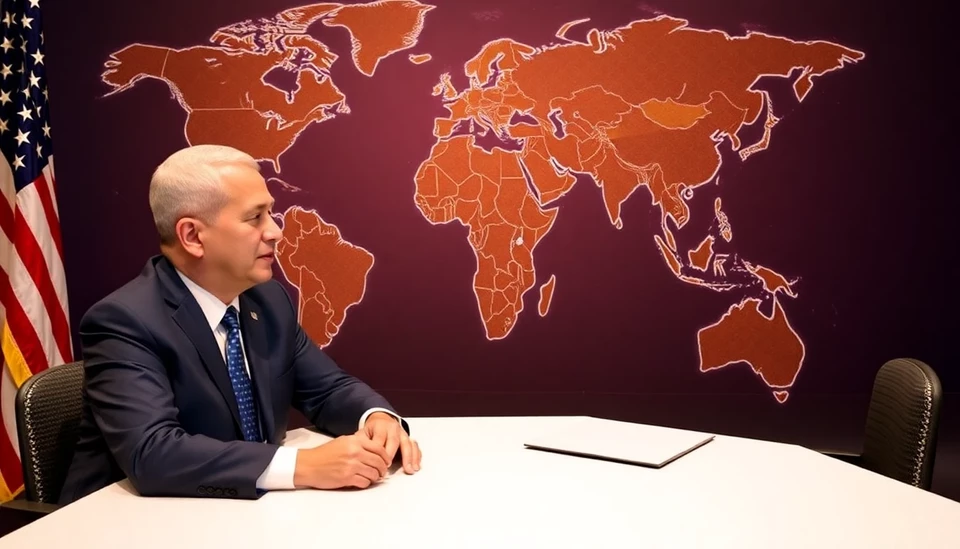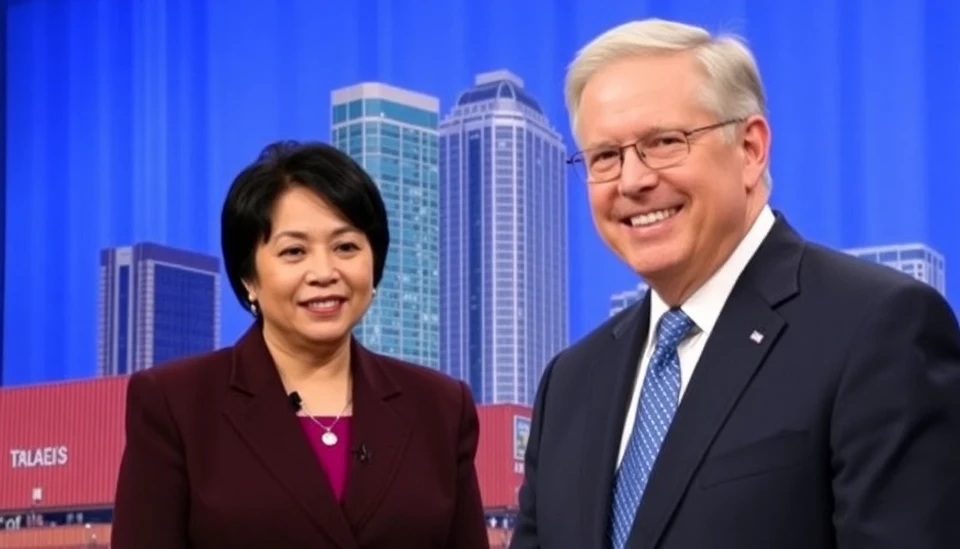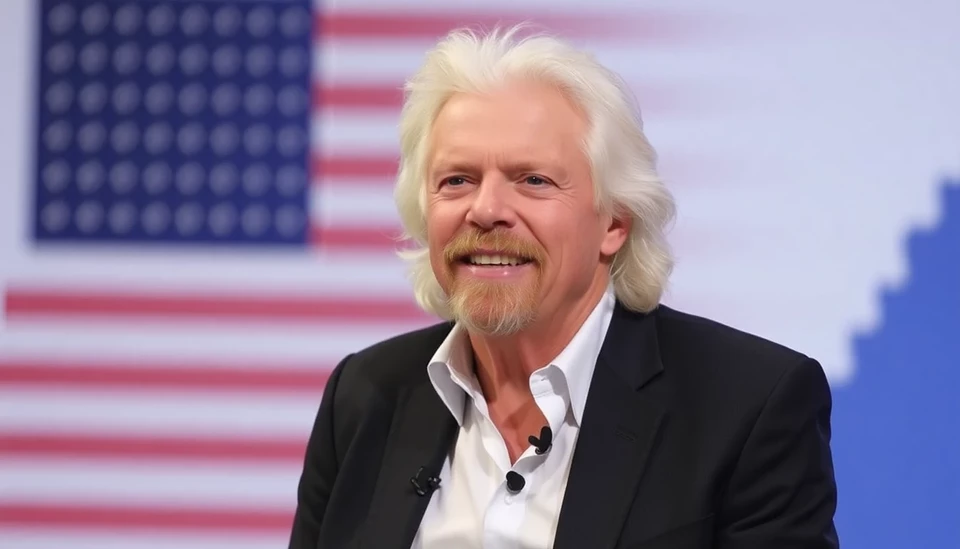
In a significant diplomatic overture, the United States Trade Representative, Katherine Tai, urged Brazilian officials to carefully evaluate the implications of engaging with China's Belt and Road Initiative (BRI). This call comes amid rising concerns about the strategic and economic impacts of China's expansive global infrastructure project, which has seen many countries increasingly tied to Beijing through financial commitments and infrastructure development.
During a meeting with Brazilian government officials, Tai emphasized the need for countries like Brazil to consider the long-term risks that could arise from accepting investment and infrastructure projects linked to the BRI. She highlighted that such engagements might lead to unmanageable debt levels and could compromise national sovereignty through heavy reliance on foreign assistance.
Brazil, one of the largest and most influential economies in South America, is at a crossroads. The nation has been exploring various avenues to bolster its infrastructure, including potential partnerships with China. Tai pointed out the necessity for transparency and accountability in these partnerships, urging Brazilian leaders to closely monitor the conditions tied to these offers from China.
China's Belt and Road Initiative has been criticized for its lack of stringent regulatory frameworks. According to Tai, nations involved in BRI projects have often found themselves with skyrocketing debt levels and increased susceptibility to external pressures, which is particularly concerning for Brazil as it grapples with its economic challenges. The U.S. has been actively working to counter China's influence in the region, promoting alternatives that emphasize sustainable development and mutual respect.
During her discussions, Tai also reiterated the importance of fostering strong trade relationships based on shared values and standards, which can provide a counterweight to the pervasive influence of China's investments in Latin America. She reassured Brazilian officials that the U.S. is committed to strengthening economic ties and supporting infrastructure projects that can lead to responsible growth devoid of the pitfalls inherent in the BRI.
The dialogue between the U.S. and Brazil comes at a critical moment as countries worldwide assess China's increasing assertiveness through its international investments. The U.S. seeks to position itself as a reliable alternative for nations looking to develop their infrastructure without incurring the heavy debts often associated with BRI projects.
As Brazil considers its next steps, the implications of Tai's warnings will undoubtedly weigh on the discussions around future collaborations, urging decision-makers to reflect on the broader geopolitical ramifications of their economic relationships.
In summary, the U.S. Trade Representative’s recent visit and her cautionary words serve as a reminder of the strategic intricacies at play in global investments, emphasizing the need for careful consideration as nations navigate the challenging waters of international trade and infrastructure development.
#USTrade #Brazil #ChinaBRI #GlobalEconomy #Infrastructure #DebtCrisis #InternationalRelations
Author: Laura Mitchell




